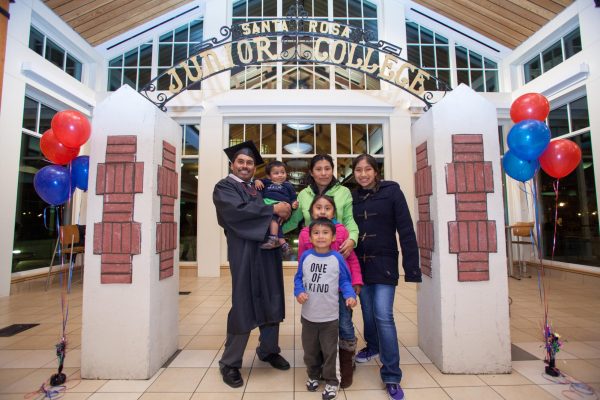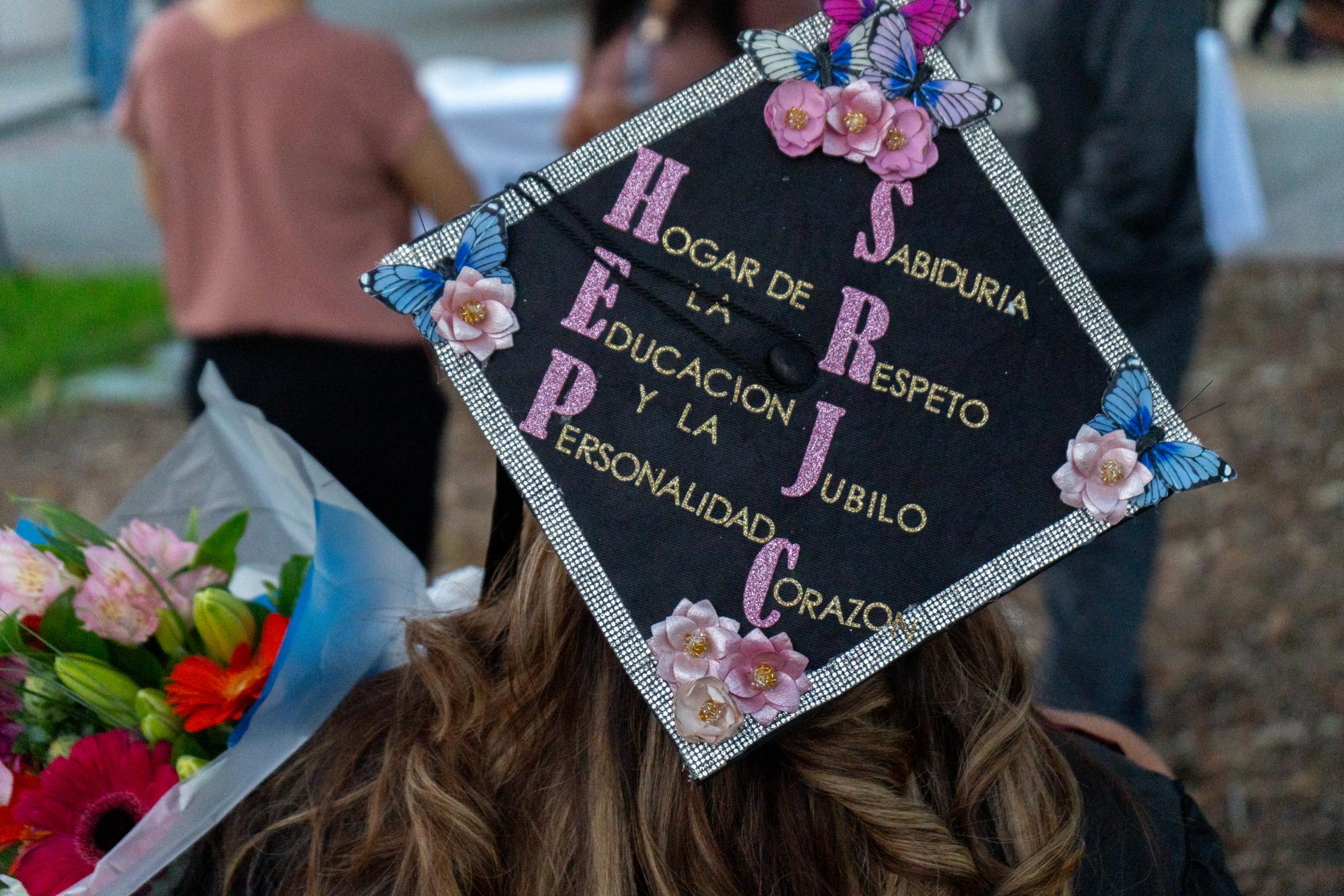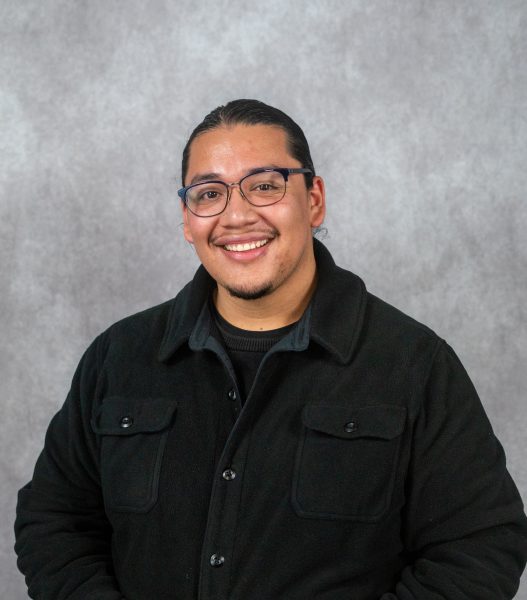Margarita Garcia, 40, overcame a childhood devoid of formal education, a border-crossing kidnapping and years of working in vineyards. Lorenzo Rivera, 44, grew up in poverty where he walked three hours a day to and from school. They both grew up in Oaxaca, Mexico before immigrating to America. Both immigrants found new lives and pursued careers through Santa Rosa Junior College’s High School Equivalency Program (HEP).
Access to education is often regarded as a vital pathway to success. For many who live outside the United States, getting an education is either costly or not an option.
At SRJC, HEP offers migrant farmworkers the opportunity and support to receive an education and obtain the equivalent of a high school diploma, which they can then use to get jobs or begin a college education. In addition to transitional services like career exploration, resume writing, scholarship assistance, informational workshops and exposure to cultural events, SRJC’s HEP offers academic support and preparation classes to all participating students.
For Garcia and Rivera, both HEP graduates, the program changed their lives. Today, Garcia works as a recruiter for a regional migrant education program that assists migratory children, and Rivera teaches math at Elsie Allen High School. They hope their stories serve as an inspiration to their children, their peers and others who might consider returning to school.
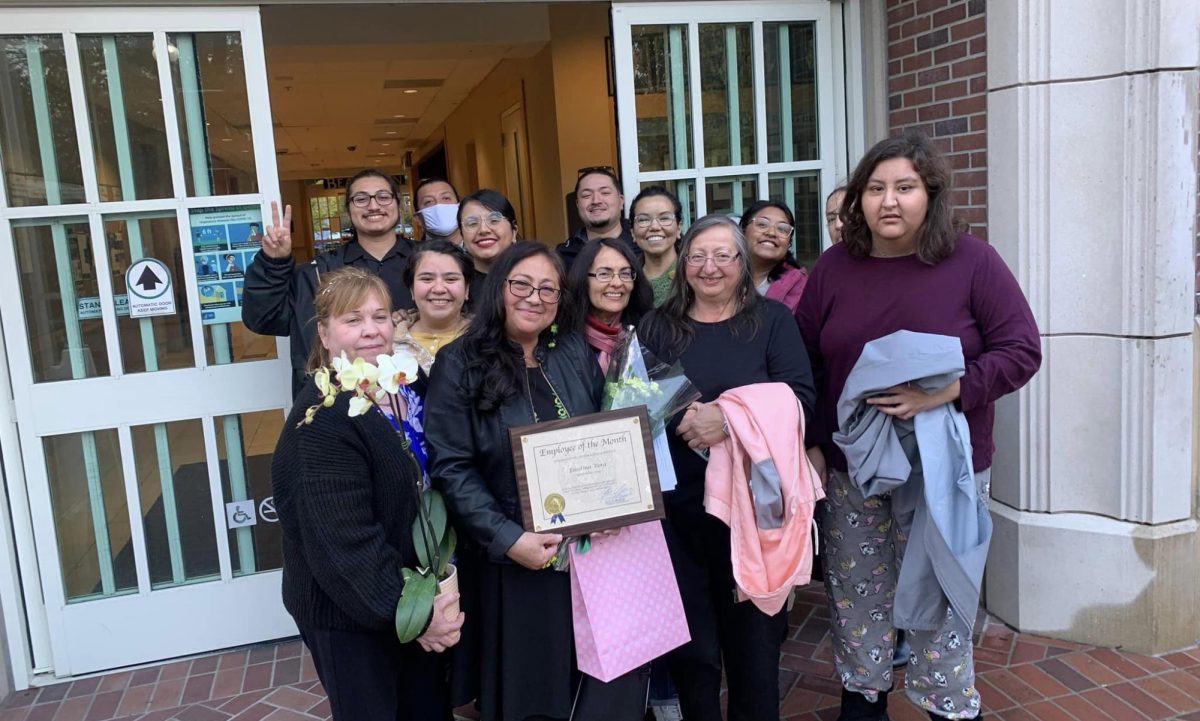
Margarita Garcia
As a child in a small village in Oaxaca, Mexico, Margarita Garcia wondered what opportunities lay beyond the mountains that surrounded her hometown. During her early teens, she realized something was absent in her life: an education. But rather than learning in a school, she helped in the building of one.
“We were students, but not learning; we were constructing. We worked hard, carrying sand for a long amount of time,” Garcia said.
She knew that if she wanted a proper education in a proper school building, she would have to travel far to find it.
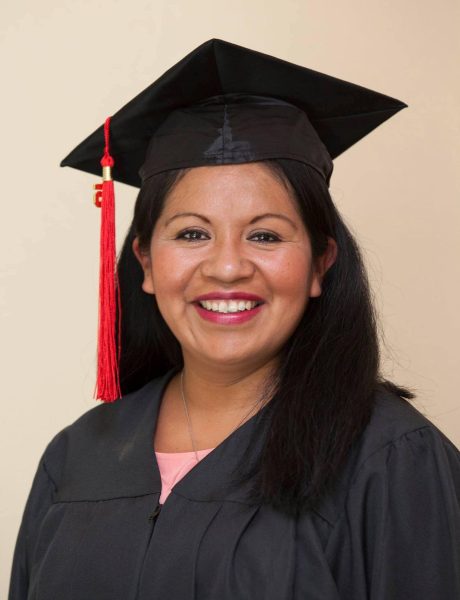
“I always felt that I was missing something. I would read a lot of books, and I began to wonder what other books existed and what other opportunities were out there. The curiosity to want to know more is what pushed me to want an education,” Garcia said.
In 2002, at the age of 19, Garcia migrated to the U.S. On her way, she faced a harrowing experience: She was kidnapped at the border.
It is unknown to Garcia who kidnapped her, but her family had to pay ransom for her release. After being held hostage in a house for three to four weeks, Garcia was finally freed. Soon after, she decided to move to California. She ended up in Sonoma County, where she embraced a new world.
Once settled, Garcia established her own cleaning business and started a family of her own. During her second pregnancy, doctors notified Garcia that her pregnancy was high-risk and that she needed to work a less physically exhausting job. Garcia stayed at home but didn’t like being unproductive.
So she enrolled at SRJC Roseland and took GED classes. At Roseland, an instructor introduced her to HEP.
To be a part of HEP, Garcia had to take an entrance exam. This made her nervous because it was one of the first times she had taken a test. But, despite her self-doubt, she passed the exam and was accepted into the program.
“HEP uplifted me,” she said. “I felt alone for a long time, but this program felt as if I was with family. They helped me emotionally and educationally. HEP is there for us, to guide us and to motivate us.”
After graduating from HEP in 2015, Garcia continued to study at SRJC, taking ESL and child development classes. She attended classes during the day and worked at night.
“It was hard to divide time I needed for myself and time I needed for my children. There were times where I wouldn’t sleep because I would stay up studying. It was very tiresome,” Garcia said.=
In March 2023, Garcia landed a job as a recruiter with the Migrant Education Program, a regional program created to ensure that migratory children who move from one state to another are not penalized for disparities between each state’s curriculum, graduation requirements, academic content and student academic achievement standards.
Garcia is happy to be working with youth at the Migrant Education Program. She gets to help children who face similar hardships to those she’s overcome.
“As difficult as our lives get, never let go of your dreams and your faith. Doesn’t matter if you have to walk, as long as you keep advancing forward,” Garcia said.
Garcia plans to continue her education in hopes of becoming a special education teacher. She also dreams of becoming a writer to share stories that will help inspire people.
“We have to knock on doors, and if we have to knock on many, then [we] keep knocking until a door opens,” Garcia said.
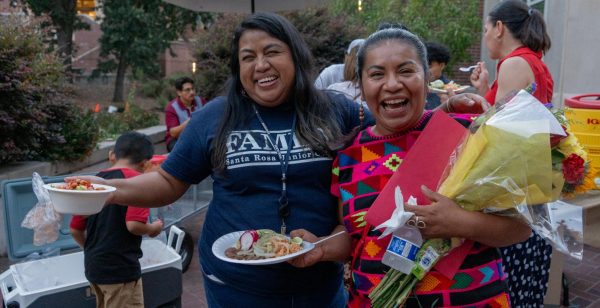
Lorenzo Rivera
Lorenzo Rivera grew up with four brothers and eight sisters in a house without electricity in Oaxaca, Mexico. The dream of becoming a teacher always sat at the back of his mind. He loved learning and was fortunate to go to school, but he had to walk an hour and 30 minutes just to get there.
In 1998, when Rivera was 18, he moved to Arizona and then moved to California, where he began working in the grape fields and in construction. In 2007, Rivera married and started a family.
Rivera learned about HEP through his wife, who was taking classes at SRJC’s Roseland campus. The program piqued his interest; he took the HEP entrance exam and was accepted into the program that same day.
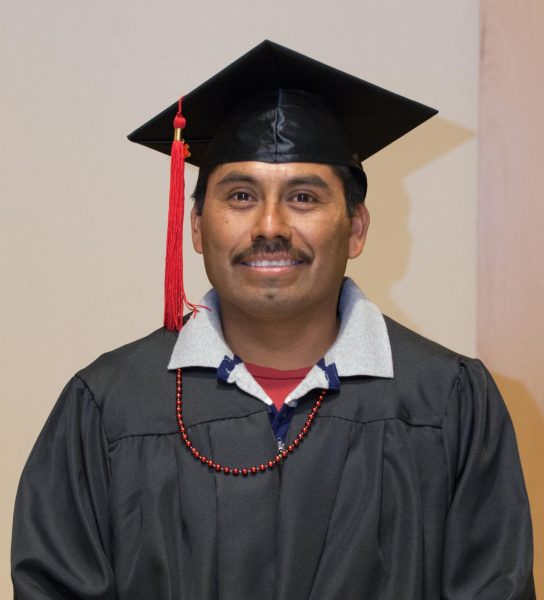
Rivera enrolled in classes and, after many intensive study sessions, he passed the high school equivalency test and received his certificate. He was also nominated to be HEP class valedictorian that year.
Most importantly, he gained the admiration of a very important person.
“At the graduation, my son told me: ‘When I am older I am going to be just like you.’ Hearing him say those words made me very emotional, and I love that I can serve as a role model to my children,” Rivera said.
After HEP, Rivera continued to take SRJC classes and transferred in 2019 to Sonoma State University. There, he struggled to find a job that would accommodate his school schedule and family responsibilities.
“I worked a construction job where I was given permission to have flexible work hours, but my coworkers would look down on me. They blamed me for not being able to finish jobs early or on time,” Rivera said.
Fortunately, while getting gas at a Costco, Rivera met a construction company owner who understood his difficult situation and offered him a job with flexible hours.
Rivera graduated from SSU in the summer of 2021 with a bachelor’s of science degree in mathematics and a minor in Spanish. Soon after, he entered a credential program to become a teacher. He is currently in the program, but he was granted a preliminary teaching credential for five years.
He began working at Elsie Allen High School as a long-term substitute in January 2022 and was officially hired in the summer to be a math teacher for the 2023-2024 school year. Rivera is happy to live out his childhood dream.
“Sometimes our sacrifices hurt, and someone ends up suffering. But if we don’t follow through with what we started, then our sacrifices are for nothing,” Rivera said.
